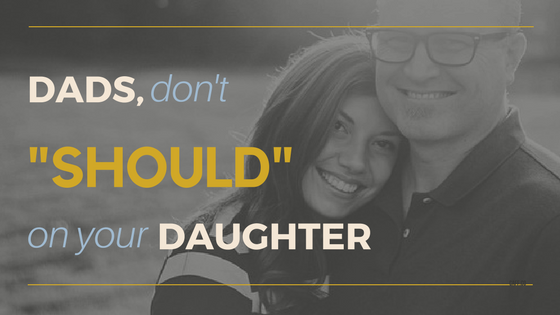Speak a little too loud at the meeting, “I am soooo sorry.”
“I’m sorry” is worth pennies to me, passing through my hands before I even know they’re gone.
But asking, “Will you forgive me?”
That weighs a whole lot more.
It’s not a question I dole out very often,
because it comes at a great cost: my vulnerability.
“I’m sorry” is a one-way street statement. It’s a band-aid quickly patched and left to hope the wound might heal, eventually.
“Will you forgive me?” requires a dialogue. It’s the burning antiseptic, tweezers pulling gravel out of flesh, inviting the healing process to begin.
Forgiveness necessitates empathy, humility and courage.
When answering her own question, “What would you do if you knew it was your last day on earth?,” Dative didn’t say she would go around telling people “I’m sorry.” There’s a difference between saying “I’m sorry” and asking for forgiveness.
‘Don’t be sorry,’ Dative’s words seemed to tell me. ‘Be vulnerable.’
How did Dative, a 14-year-old, arrive at the conclusion that the final 24-hours of her life she would spend doing one of the most vulnerable things you could do?
If I were to venture a guess, I believe it’s what has been modeled to her from the place where she grew up, a place that has shown her how true healing, restoration and reconciliation comes from radical forgiveness – a country called Rwanda.
It has only been 23 years since the Rwandan Genocide, when nearly 1 million people were killed in 100 days. And yet, if you were to visit Rwanda today, I’d be hard pressed if you didn’t come away with the word “peace” on the forefront of your mind.
Why?
Forgiveness heals seemingly fatal wounds.
Dative knows this.
She’s lived it.
And if she knew it was the last day of her life,
she would do the costliest thing she could think of,
because she knows it yields a priceless reward:
healing, peace, freedom.
I bet most of us could share a personal story of forgiveness.
And upon further reflection, I bet we could all think of someone whom we’ve hurt, or wronged, and know that deep down, it’s probably the right thing to ask them for forgiveness – but probably not today, or tomorrow, or ever?
Dative’s question gives us an opportunity most people will never get – to plan how we would spend the last day of our life. For, how many of us will know when it’s our last day? Or when it’s our friend’s or brother’s or mother’s last day?
I have never been more caught off guard than when my dad passed away from a heart attack in 2008. When I think about the last 24-hours of his life, while I didn’t have the opportunity to say goodbye, I did have the opportunity to practice forgiveness.





























